Business semester, participate in competitions...
Not understanding the profession and lacking opportunities to gain experience are two of the many reasons why students lose their future direction, according to Tran Ly Phuong Hoa (3rd year student, majoring in tourism management, Ho Chi Minh City University of Economics). Therefore, Hoa sees connecting with businesses through study programs, competitions, talk shows, etc. as important. organized by the school will help students grasp career requirements and human resource needs.
About 2 months ago, Hoa visited a business as part of her study program to understand how tourist accommodation facilities operate. Or in an academic competition on hotels and restaurants organized by students of the school, Hoa was guided by experts on reception work, table arrangement, etc. "If you participate seriously and absorb selectively, all activities will bring benefits. I have learned how to grasp customer psychology and respond flexibly," Hoa shared.
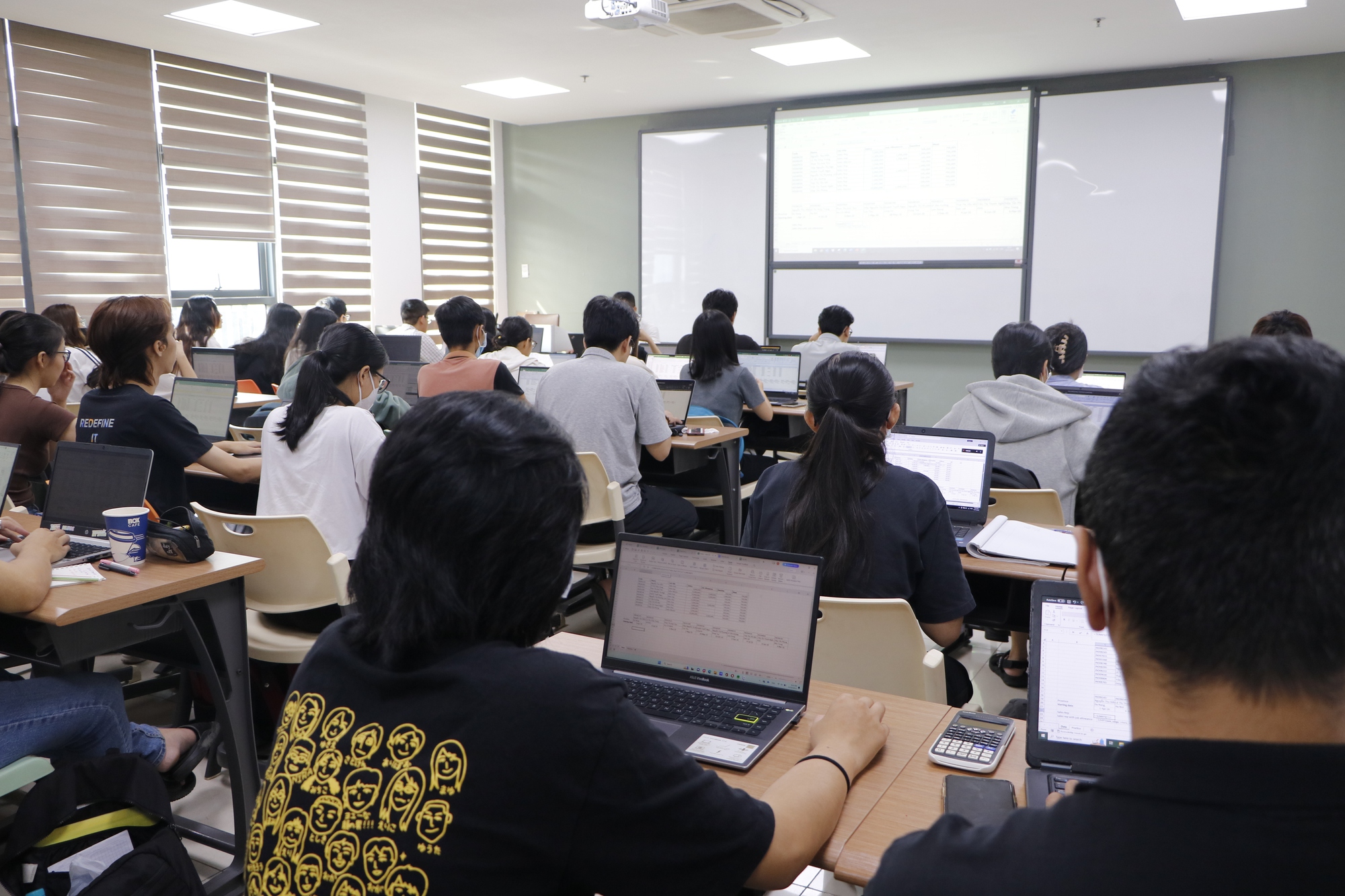
Students participate in many activities to connect with employers
In her third year, Pham Nguyen Ha Giang (final year student, majoring in international business, FPT University, Da Nang) experienced the business semester, a mandatory activity to orient her major for the next semester. On this occasion, Giang worked as a real employee and studied the theory better when she returned to school.
In addition, Giang attended a job fair with the participation of 25 businesses and was impressed with the CV feedback activity. If the CV is suitable, the business will interview the student directly.
Meanwhile, Vu Dinh Hoan (a student of the Faculty of Business Administration, University of Economics and Business Administration, Thai Nguyen University) took advantage of talk shows with corporate speakers to learn about work experience, personnel selection and career advancement. From there, Hoan proactively invested in foreign languages and skills to meet job requirements.
Although studying engineering, Bui Tri Dung (4th year student, Faculty of Biomedical Engineering, International University, Ho Chi Minh City National University) always looks for opportunities to improve his knowledge in the field of economics. For example, Dung participated in a company tour organized by the student club to build relationships, learn more skills in analyzing financial reports, charts, etc.
Practical "learning" and "doing" environment
According to Dr. Ngo Minh Hai, Vice Principal of the University of Economics and Finance, Ho Chi Minh City, businesses often assess students as lacking practical experience and knowledge. On the contrary, students feel that businesses do not give them the opportunity to experience, "to try and make mistakes to grow up".
To resolve the above "contradiction", Mr. Hai said that the school is promoting the implementation of cooperation models with a network of more than 500 enterprises, creating a practical "learning" and "practicing" environment for students. Specifically, students have tours of domestic and foreign enterprises; meet leaders and businessmen in seminars; expand internship and job opportunities after graduation.
1-on-1 mentoring model
Connecting students and employers through a mentoring model is the approach of Ho Chi Minh City University of Industry and Trade. Students are supported for free in the form of 1-on-1 or group mentoring (applicable to student start-up groups).
"The mentoring activity is closely linked to providing knowledge, career orientation and supporting creative startups. On a sharing platform for mutual development, students will be guided for 1 year by entrepreneurs and experts in many fields," said Ms. Hoang Thi Thoa, Director of the school's Center for Innovation and Entrepreneurship.
Ho Chi Minh City University of Economics, Ho Chi Minh City University of Technology, Hoa Sen University... also apply the mentoring model to help students "less confused" when orienting their future. Students also experience many activities within the program, from visiting businesses, field trips to skill training seminars.
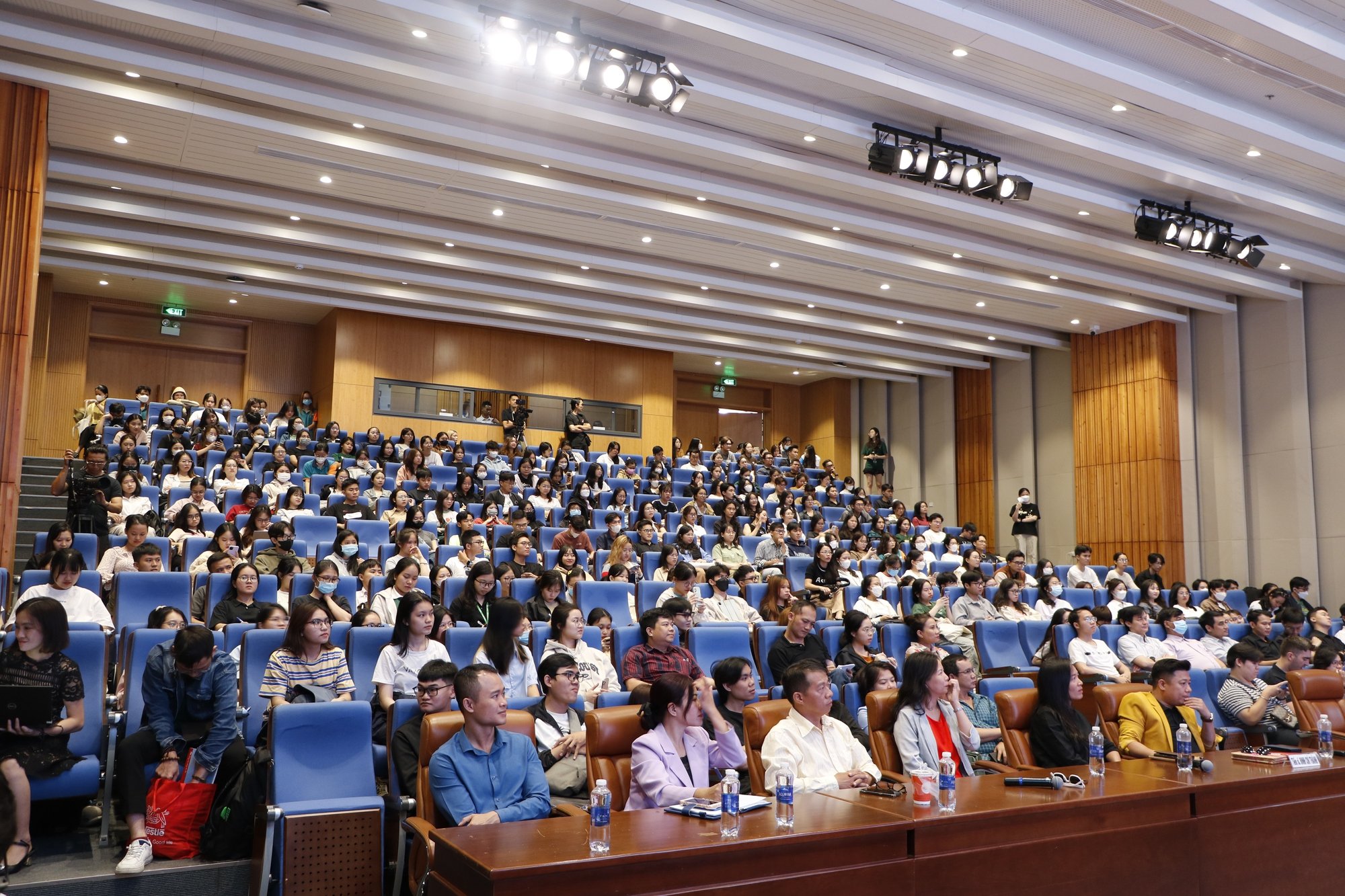
Interaction with business representatives helps students better understand job requirements after graduation.
In recent years, Hanoi University of Science and Technology has signed cooperation agreements with many large enterprises and corporations. A typical example is the joint program with Samsung Vietnam in the fields of training, research, human resource development, etc.
According to information from the Institute of Advanced, High-Quality Training and POHE of the National Economics University, the school is currently applying the POHE program (application-oriented university education) for 7 training majors. Taking the needs of the labor market as the center, the program's goal is to improve students' professional capacity.
With the desire to support students, Ms. Nguyen Thi Thuy Van, Deputy General Director of The Vibes Venue Company, said: "Businesses are willing to accompany students and schools in experiential activities, helping students 'upgrade' their skills and gain practical experience. Through that, they will accumulate more experience and find many opportunities for success in the future."
Pursuant to Article 12 of the 2018 revised Law on Higher Education, schools need to link training with the labor needs of the market and promote business cooperation.
Resolution of the 6th Conference of the 11th Party Central Committee also stated that universities must closely cooperate with businesses, employers, training institutions and the State to develop human resources according to social needs.
Circular 29 of the Ministry of Labor, War Invalids and Social Affairs encourages vocational training institutions and enterprises to cooperate to organize training, including determining output standards, building curriculum, etc.
Source link



![[Photo] Ministry of Defense sees off relief forces to the airport to Myanmar for mission](https://vstatic.vietnam.vn/vietnam/resource/IMAGE/2025/3/30/245629fab9d644fd909ecd67f1749123)
![[Photo] Prime Minister Pham Minh Chinh receives delegation of leaders of US universities](https://vstatic.vietnam.vn/vietnam/resource/IMAGE/2025/3/31/8be7f6be90624512b385fd1690124eaa)


![[Photo] 2nd Conference of the Party Executive Committee of Central Party Agencies](https://vstatic.vietnam.vn/vietnam/resource/IMAGE/2025/3/31/8f85b88962b34701ac511682b09b1e0d)















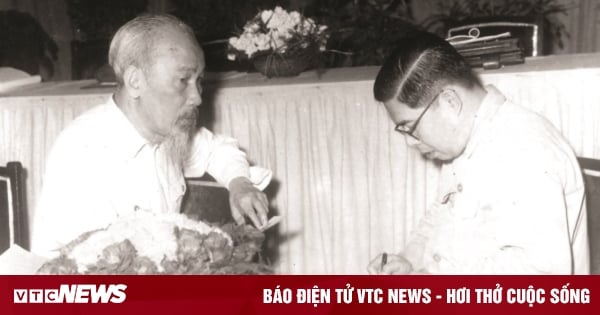



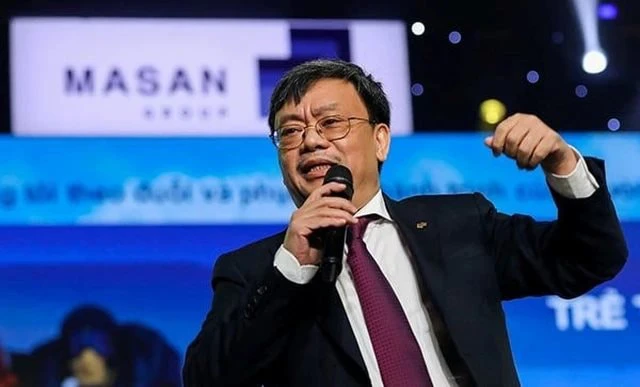



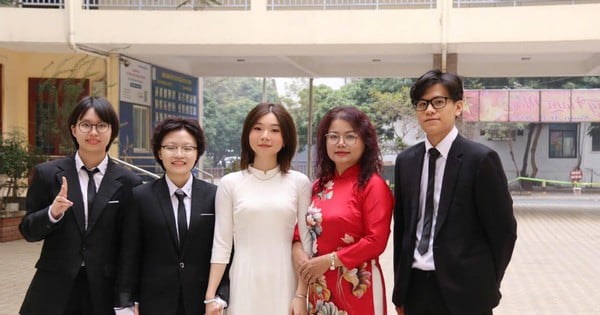
















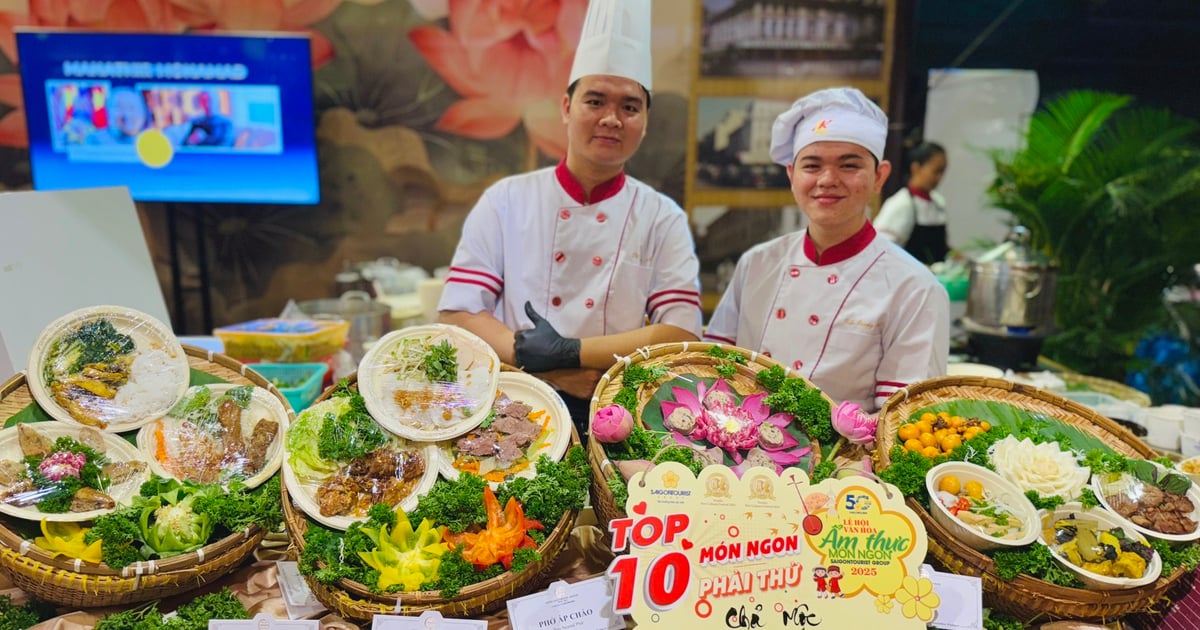

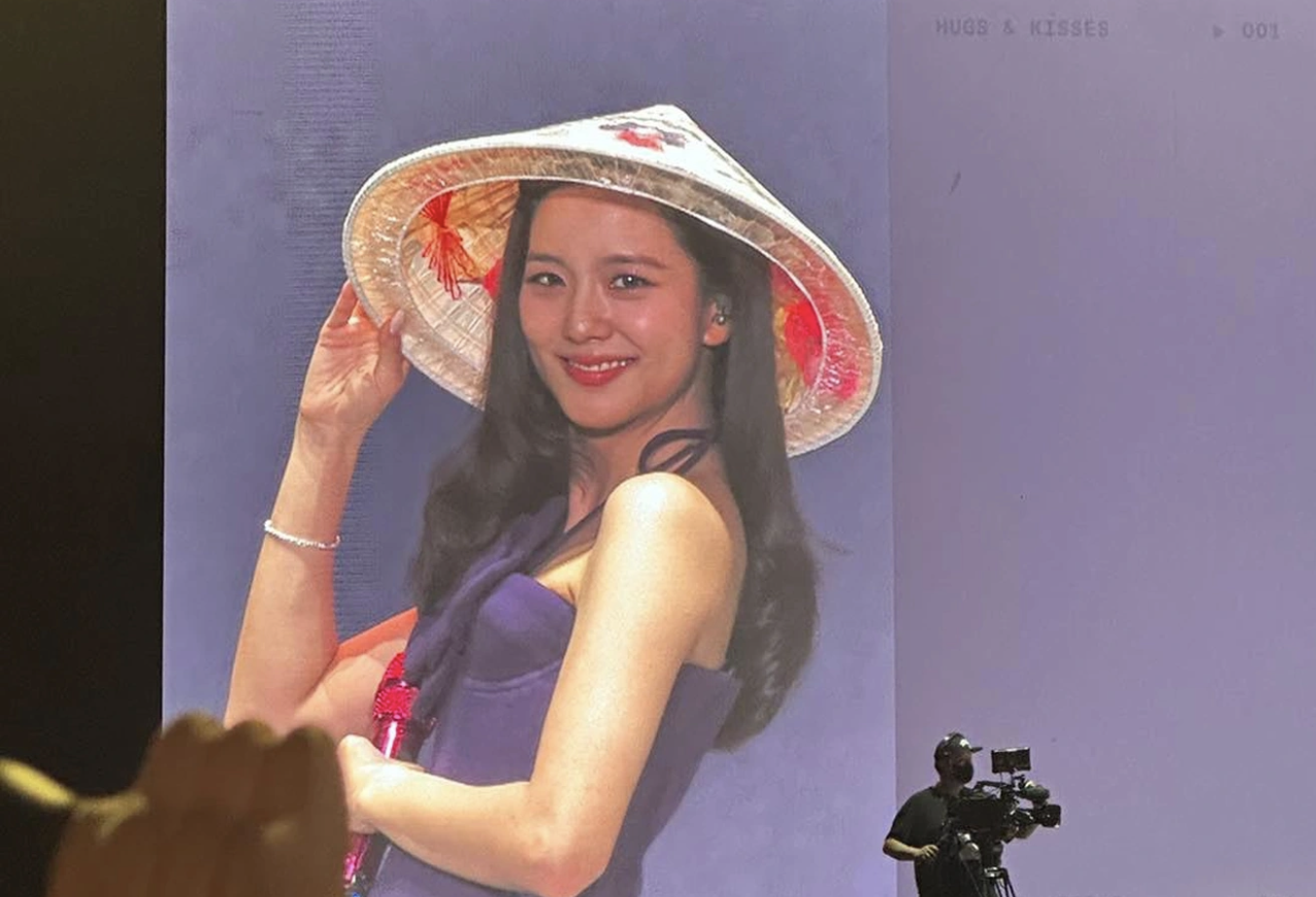
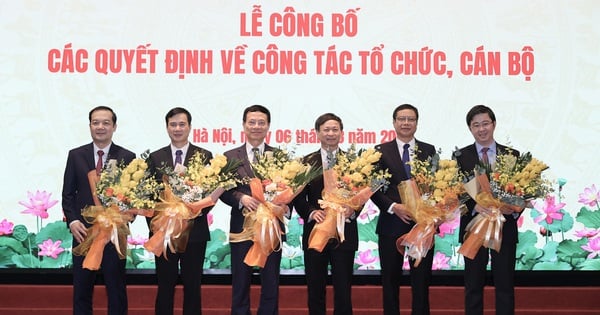

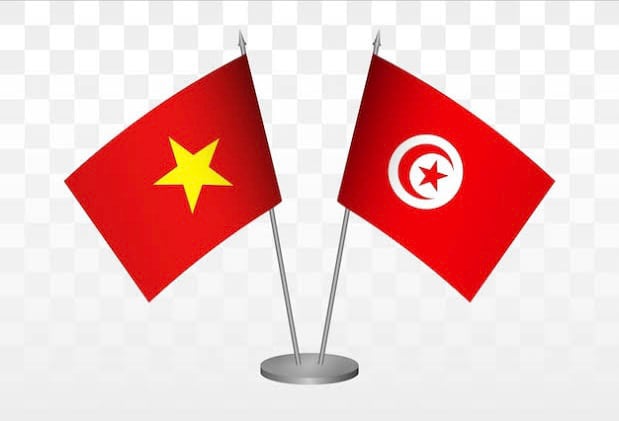


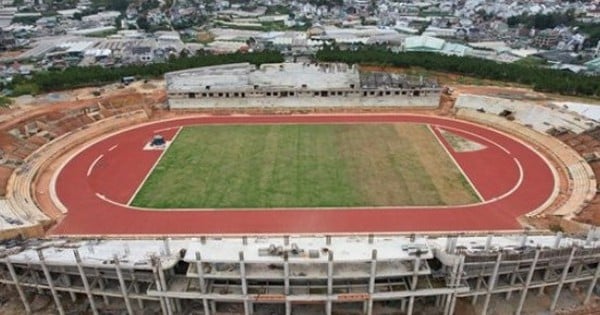

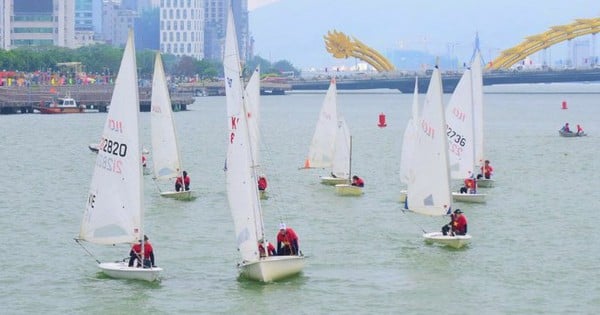
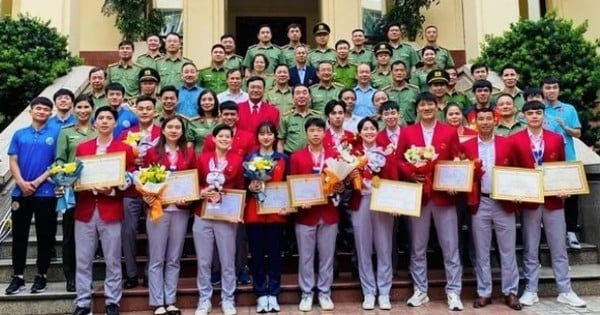

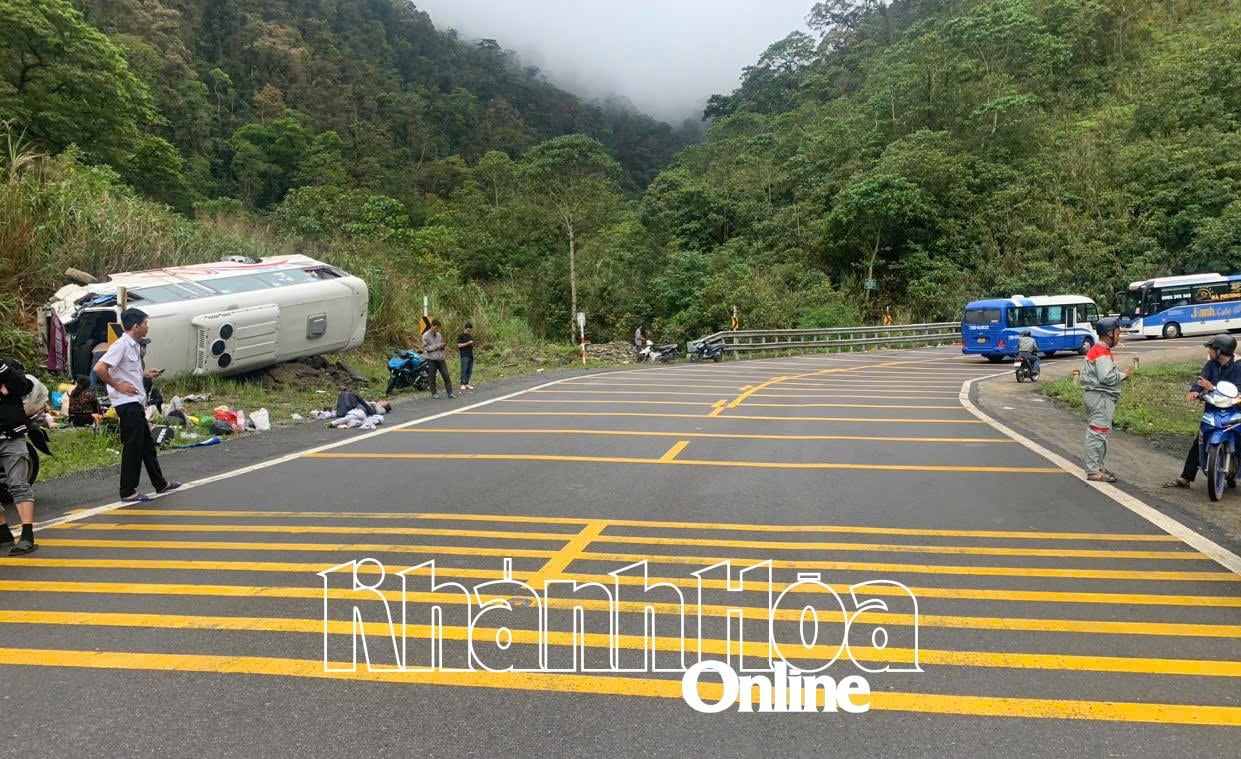



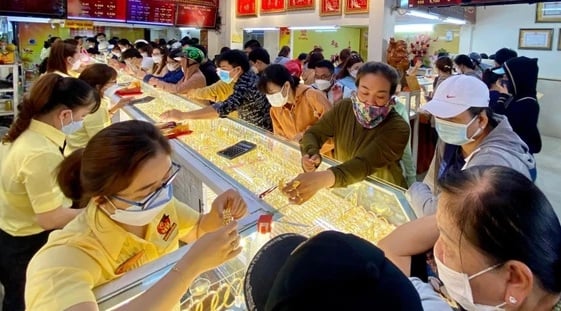











![[REVIEW OCOP] An Lanh Huong Vet Yen Cat](https://vstatic.vietnam.vn/vietnam/resource/IMAGE/2025/3/27/c25032328e9a47be9991d5be7c0cad8c)



Comment (0)